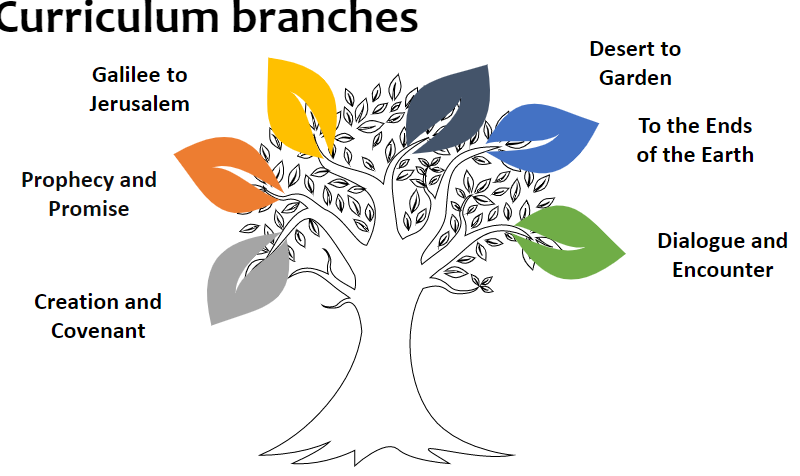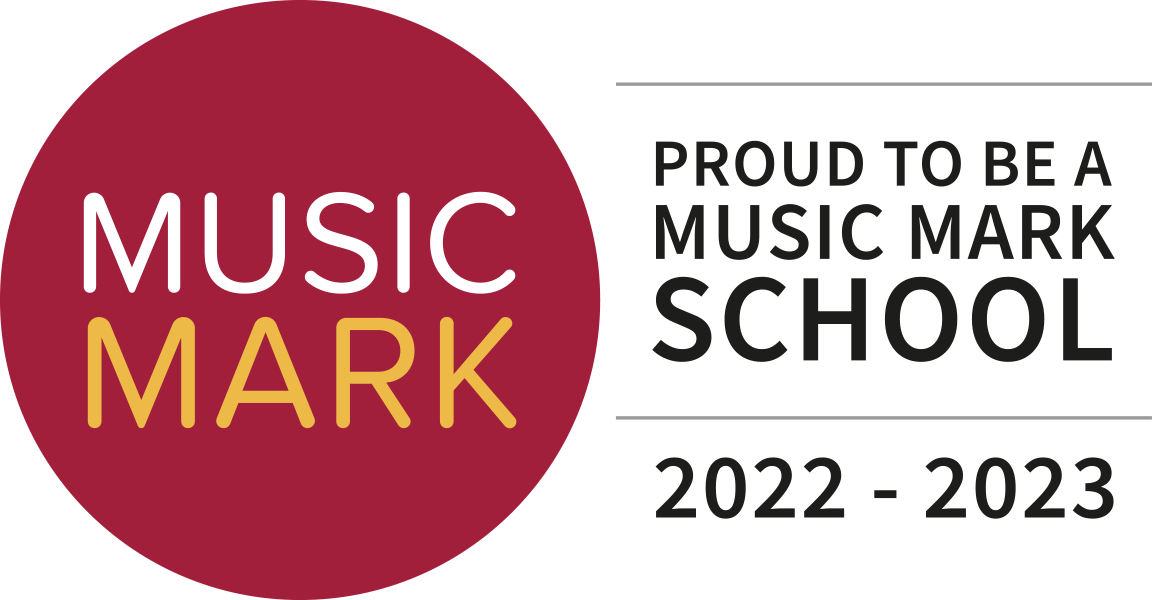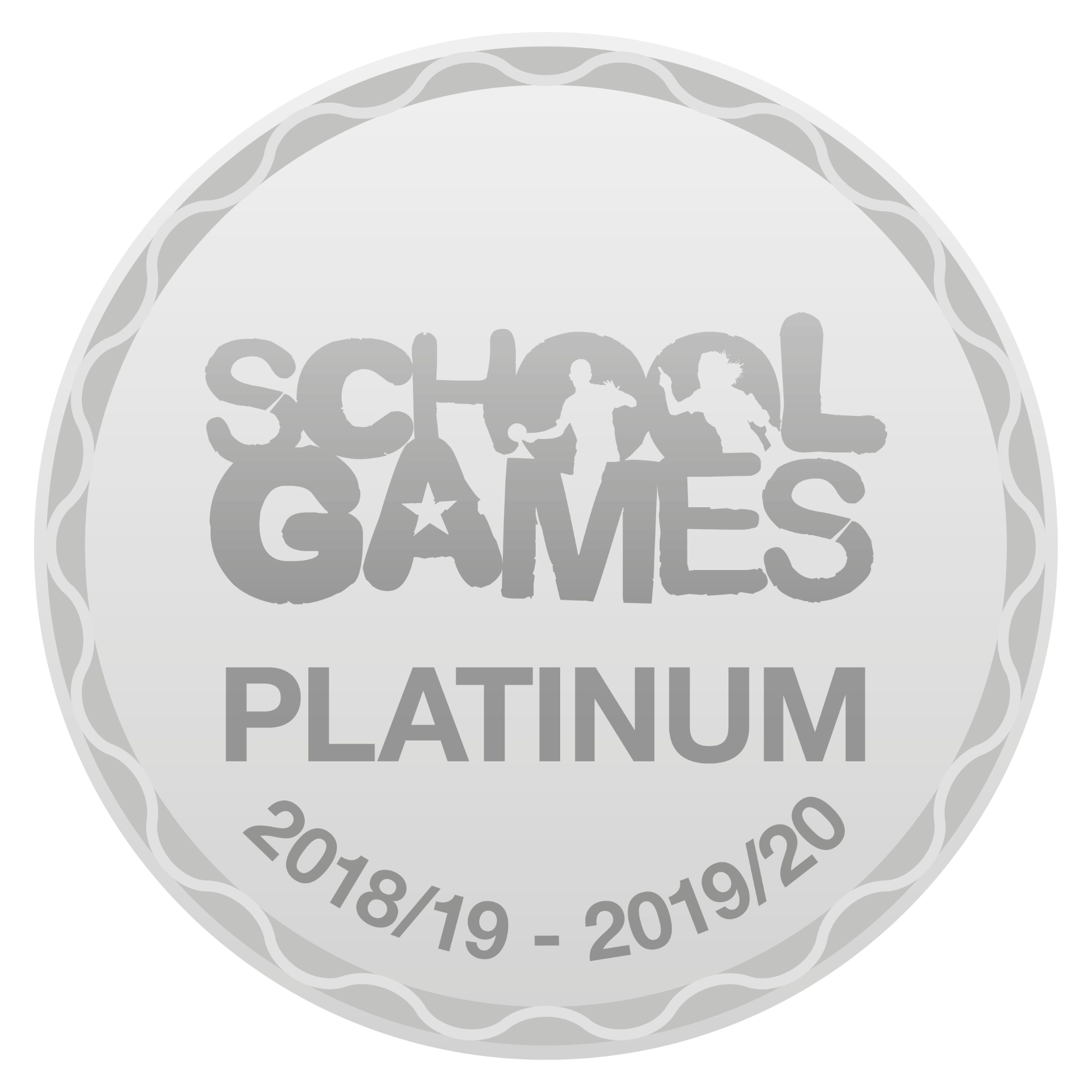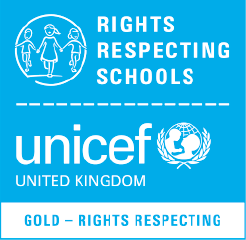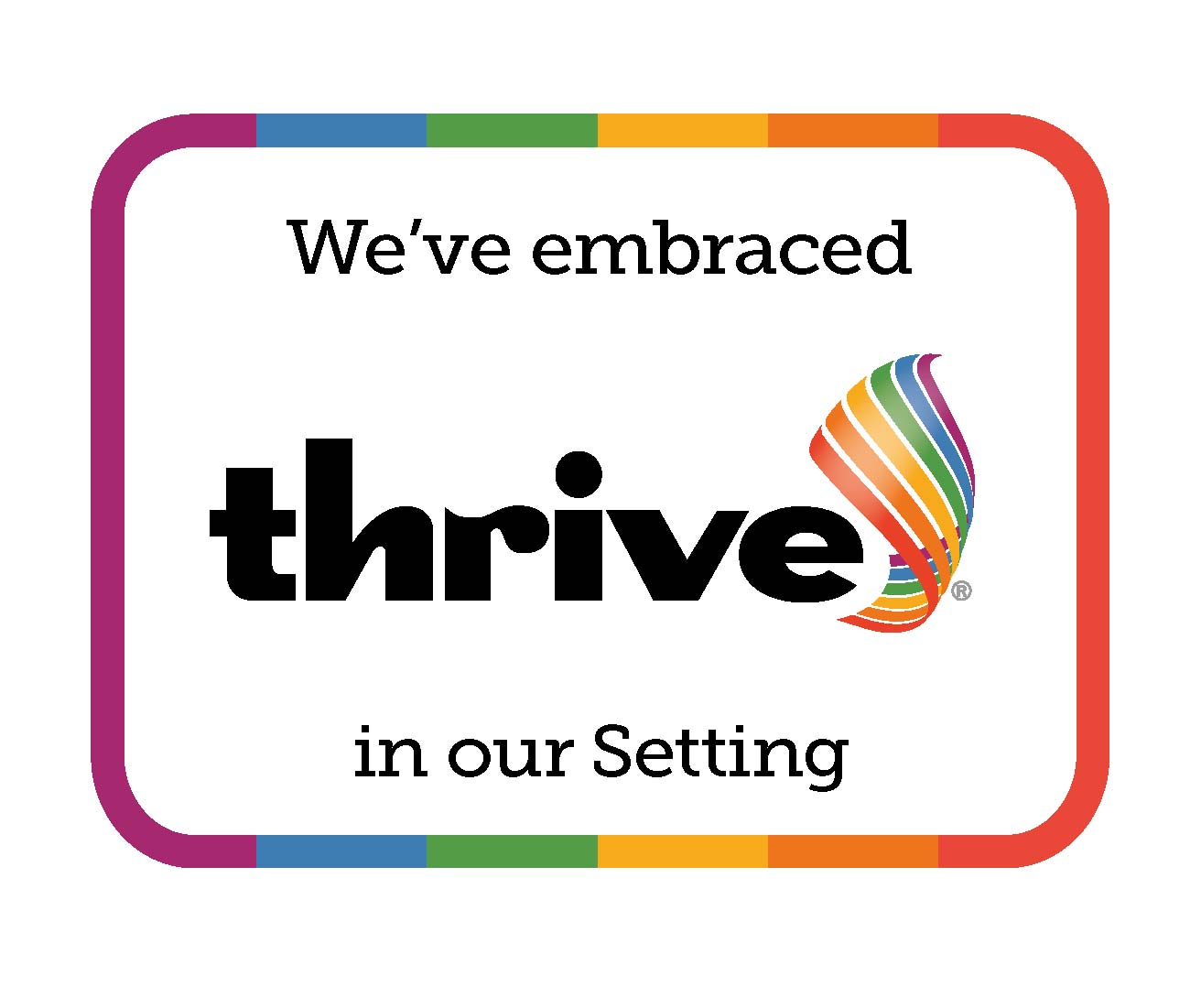Religious Education
R.E Curriculum Overview
Religious Education across the Federation of St Edmund’s and St Joseph's is the cornerstone upon which our school philosophy and aims are founded. We endeavour to reflect our Mission Statement ‘Learning together in God’s Love’ in all our actions and attitudes, in our teaching and in our relationships with each other.
Rationale of Religious Education
The primary purpose of Catholic Religious Education is to come to know and understand God’s revelation which is fulfilled in the person of Jesus Christ. This revelation is known through the scriptures and the tradition of the Church as taught by the Magisterium. Religious Education helps the pupil to know and experience the meaning of this revelation in his or her own life and the life of the community which is the Church. Religious Education is the 'core of the core curriculum' in a Catholic school and is planned, taught, assessed and monitored with the same rigour as other core curriculum subjects. It is at the heart of our whole curriculum and is taught for 10% curriculum time within a broad and balanced curriculum. It informs every aspect of the curriculum.
New Religious Education Directory - 'To know you more clearly'.
A new RED was published in 2023 and we are currently working on adapting our RE curriculum in light of this new guidance. This is expected to be fully in place in all catholic schools by 2026. Please use the link below if you wish to look at the new document in more detail.
The Aims of Religious Education are:
- To engage in a systematic study of the mystery of God, of the life and teaching of Jesus Christ, the teachings of the Church, the central beliefs Catholics hold, the basis for them and the relationship between faith and life;
- To enable pupils continually to deepen their religious and theological understanding and be able to communicate this effectively;
- To present an authentic vision of the Church's moral and social teaching to provide pupils with a sure guide for living and the tools to critically engage with contemporary culture and society;
- To give pupils an understanding of the religions and worldviews present in the world today and the skills to engage in respectful and fruitful dialogue with those whose worldviews differ from their own;
- To develop the critical faculties of pupils so to bring clarity to the relationship between faith and life, and between faith and culture;
- To stimulate pupils' imagination and provoke a desire for personal meaning as revealed in the truth of the Catholic faith;
- To enable pupils to relate the knowledge gained through religious education to their understanding of other subjects in the curriculum
Delivery of the Curriculum |
|
|
|
Through their Religious Education lessons, the children explore their faith, the teachings of the Church, and learn to retell and understand key bible stories. From September 2025 the Federation is using the resource ‘The Vine and the Branches’ to ensure coverage of the requirements of the Religious Education Curriculum Directory as set out by the Bishop’s Conference of England and Wales. This ambitious and carefully crafted curriculum covers cyclical themes designed to build on prior knowledge and extend understanding. Each half term, every year group focuses on a particular branch (see diagram). This spiral approach based on the liturgical year, enables the children to build their knowledge at an age-appropriate level. |
|
As children move through the school, they revisit knowledge, skills and concepts previously taught, and build upon this prior knowledge with new learning objectives. Children build a bank of subject-specific vocabulary, enabling them to express increasingly well-balanced opinions rooted in sound knowledge. Progression can be seen in their class RE books as well as how they grow and live the values of Christians in today’s society. Across the Federation we strongly believe our role is to support and develop our children to become role models with a keen sense of how we are all part of Gods family and how we can live as disciples of Jesus every day. RE lessons account for 10% of the teaching hours, with daily Collective Worship being additional to this allocation. This includes specific time for scripture focus and reflection on scripture. Lessons focus on both providing the children with a knowledge of the Catholic Faith and leading them to a deeper understanding of the significance of religion in their lives. They are encouraged to give a variety of responses to what they have learned and to measure their own development as Christians by reflecting on their relationships with others and with God. Children are encouraged to discuss and debate, in a respectful manner, their views and the views of others. The outcome of Religious Education:'The outcome of Religious Education is religiously literate and consciously engaged young people who have the knowledge, understanding and skills - appropriate to their age and capacity - to reflect spiritually and think ethically and theologically, and who recognise the demands of religious commitment in everyday life. ' (RED, To know you more clearly')
Our aim is that all our children have a sound knowledge of Bible stories, the key people of the Bible, a strong understanding of the teachings from the Bible and how the values of the Gospels impact our lives. We want them to experience the traditions of prayer and Collective Worship, being part of Gods family and the wider community. We aim for all children to make excellent progress in their faith journey and to equip them with knowledge and understanding that enables them to speak confidently about their beliefs and ask deep and meaningful questions. |
|

